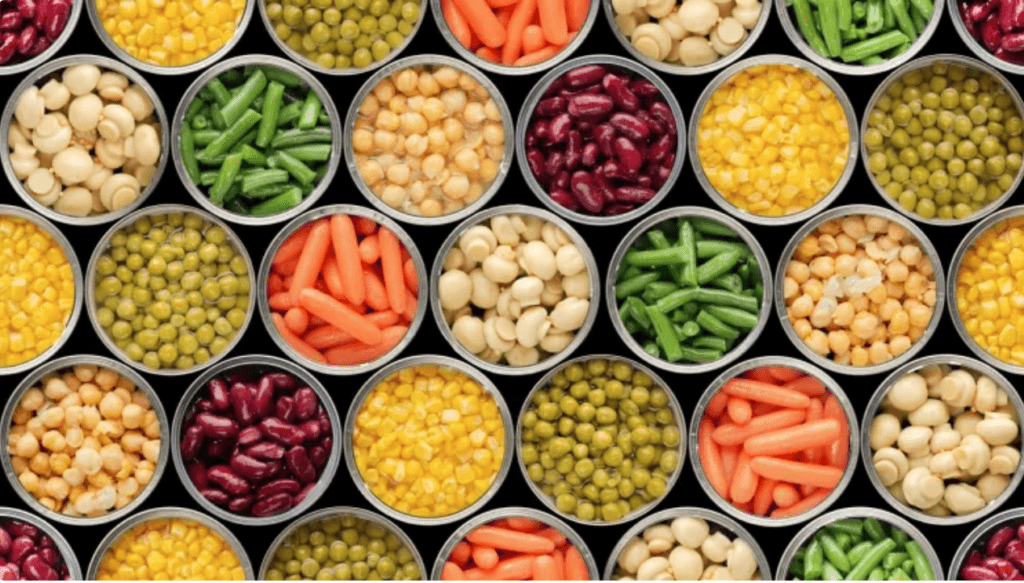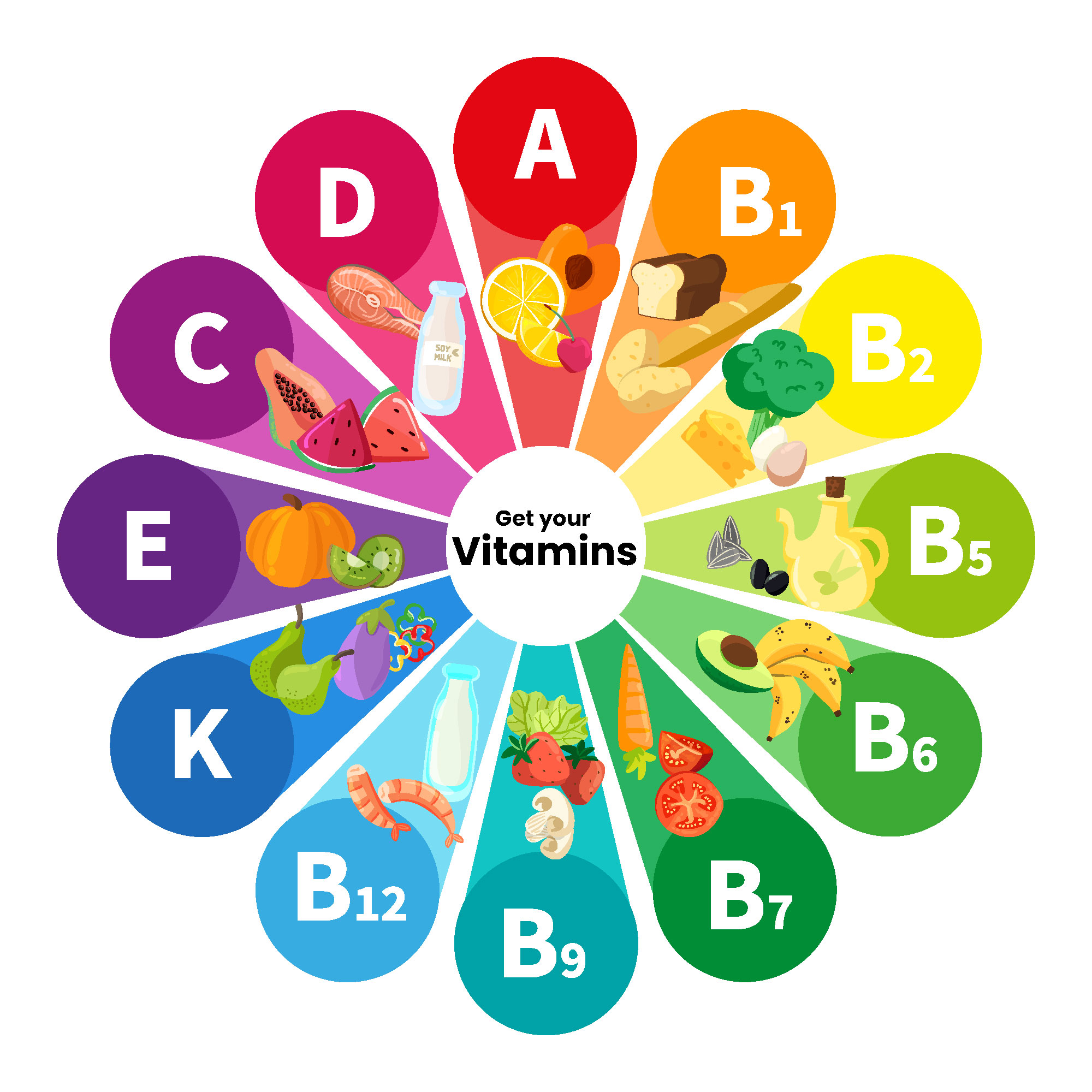Canned foods are a practical and convenient option, offering a quick and inexpensive way to prepare meals, as well as being easy to store without worrying so much about quick expiration.
Some of them can be healthy, providing essential nutrients that contribute to a balanced diet. On the other hand, there are canned foods that can harm us if consumed in excess.
That’s why it’s essential to make conscious choices when consuming this type of product
Content
ToggleWhat are the best canned foods?
Those that are low in sodium and added sugars. They should be free of preservatives, additives, colorings and saturated fats.
They should preserve most of their natural nutrients and ideally be packed in natural juice or water, rather than oils or syrups.
Here are some of the safest types to include in your diet:
Legumes and vegetables: corn, carrots, hearts of palm, asparagus, olives, onions, mushrooms. Tip: choose canned vegetables without added salt or preservatives, explains Maria Rayssa. If this is not possible, rinse them well with water before eating to reduce the presence of these ingredients.
Fish: these are great sources of protein, omega-3 fatty acids, vitamins D and B12, and minerals such as selenium and iodine, which is essential for thyroid function. Tip: look for options preserved in water or olive oil, such as tuna and sardines.
Legumes: chickpeas, lentils and peas are good sources of protein, fiber and various micronutrients, including iron, magnesium, zinc, potassium and folate. But beware of canned beans with broth, as they can contain a lot of sodium. Tip: prefer organic versions. Some you can boil in water for a few minutes after rinsing. This helps to reduce the sodium content and eliminate microorganisms, providing greater food safety.
It should also be noted that the consumption of these foods should be used in moderation, in situations where it is not possible to use fresh or minimally processed food.
Less healthy options
These options are characterized by high levels of chemical ingredients such as monosodium glutamate, nitrite and sodium chloride, potassium sorbate, all additives that can act as flavour enhancers and preservatives.
Frequent and prolonged consumption can lead to hypertension, heart disease, high ‘bad’ cholesterol (LDL), obesity, type 2 diabetes and adverse reactions to additives
In addition, packaging in oils or syrups adds calories and fat, aggravating the health risks.
Instant soups: they often contain high levels of sodium and preservatives and are low in fiber, vitamins and essential minerals, offering little nutritional value. Many are also high in calories from refined carbohydrates and fats. Tip: opt for homemade soups or varieties with natural ingredients.
Tomato products: ultra-processed tomato sauce and extract can cause allergic reactions, digestive problems (increased acidity, heartburn, reflux), weight gain and chronic intestinal inflammation. Tip: prefer organic alternatives, with no or minimal added sugars, salt and preservatives. Tomatoes canned whole or in large chunks tend to be less processed.
Fruit in syrup: canned peaches, pineapples and cherries tend to be highly sugary and contain a lot of preservatives. In addition, during processing, some heat-sensitive and water-soluble vitamins, such as vitamin C and some B-complex vitamins, can be reduced. Tip: it’s preferable to use fresh fruit or opt for canned versions in their own juice, rather than syrup. Also make sure that the expiration date is far away to guarantee the freshness of the product.
Pickled meats: not recommended. If they are sausages, such as salami, sausages and sausages, even worse. These products can raise cholesterol levels and increase the risk of cancer, especially colorectal cancer. Tip: limit the quantity and opt for better quality brands. These foods can be part of an occasional diet, but should not be the main source of protein. Also avoid frying them or mixing them with fatty sauces.
How to ensure safety and health?
Canned food is safe due to the sterilization or pasteurization process that eliminates microorganisms and increases its shelf life. Choosing the best option will depend much more on its nutritional quality. In this sense, you should always look at the label.
As for storage, you should first choose a clean and suitable place, i.e. one that is cool, dry and away from direct light, with temperatures between 10°C and 21°C, avoiding damp places that can cause rust and without cleaning products nearby.
When it comes to organization, put the oldest cans at the front and the newest ones at the back, to ensure that food with an expiry date is consumed first.
Group them by type for easy access and keep a regular check on them, periodically checking for signs such as leaks and stuffing.
It’s also important to take care of the labels. Keep them legible to easily identify the contents and expiry date. If the information is illegible, use a permanent pen to mark what’s inside and the dates directly on the can.
By following these simple practices, you can ensure that your canned food stays safe and healthy for longer.



